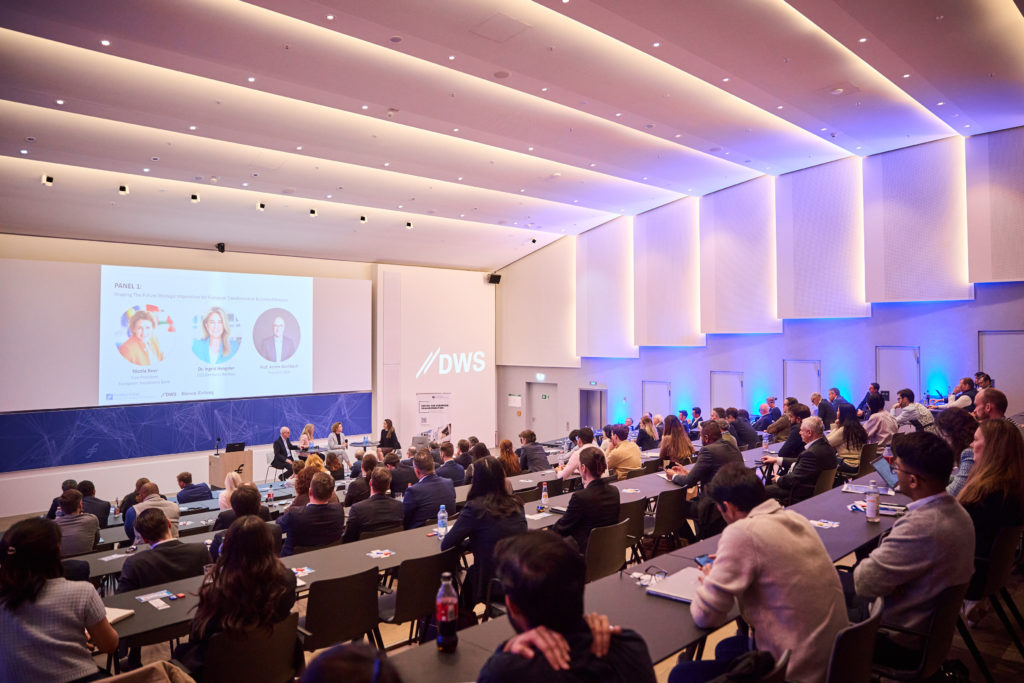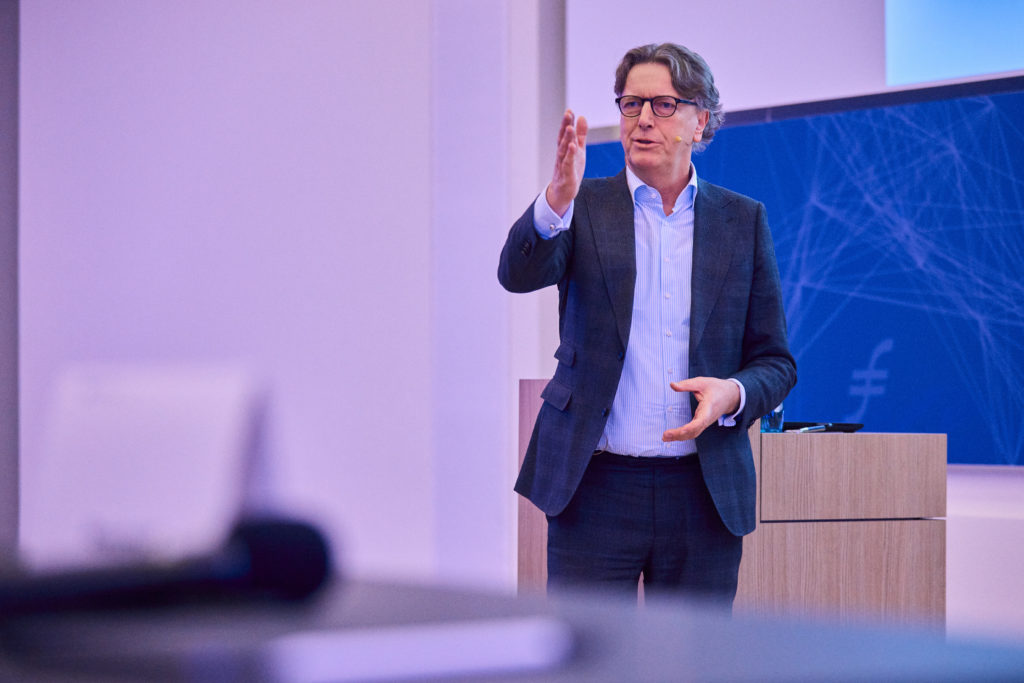Our Mission
The Centre powers excellence across all areas of scholarship crucial for advancing Europe’s sustainable transformation. It brings a renewed focus to issues of financing institutional and economic infrastructure, the role of transformative finance, and the politics of transitioning to sustainable growth.
The Centre aspires to be Europe’s leading think-tank, bridging the gap between academics, business leaders, and government officials. Together, they aim to collaboratively address the 21st-century challenges and foster sustainable transformation and growth in Europe.


Prof. Dr. Sascha Steffen
Sascha Steffen is an empirical researcher with a focus on financial intermediation and corporate credit markets. His research is motivated by real world questions and provides innovative perspectives on central issues facing economies. The common themes center on credit markets as a source for economic growth, the role of banks and “shadow banks” in financial stability, and the effectiveness of financial market regulation and monetary policy for the globalization of credit markets. | Learn more →


Kaspar Zimmermann employs unique long-run and cross-sectional data to study trends and disruptions in financial markets and the real economy. He strives to provide new insights on key economic questions: the origins of financial instability, the organization of production activities in the economy, the role of equity and debt markets for the real economy, or the effects of monetary policy on innovation and the banking sector. | Learn more →

























